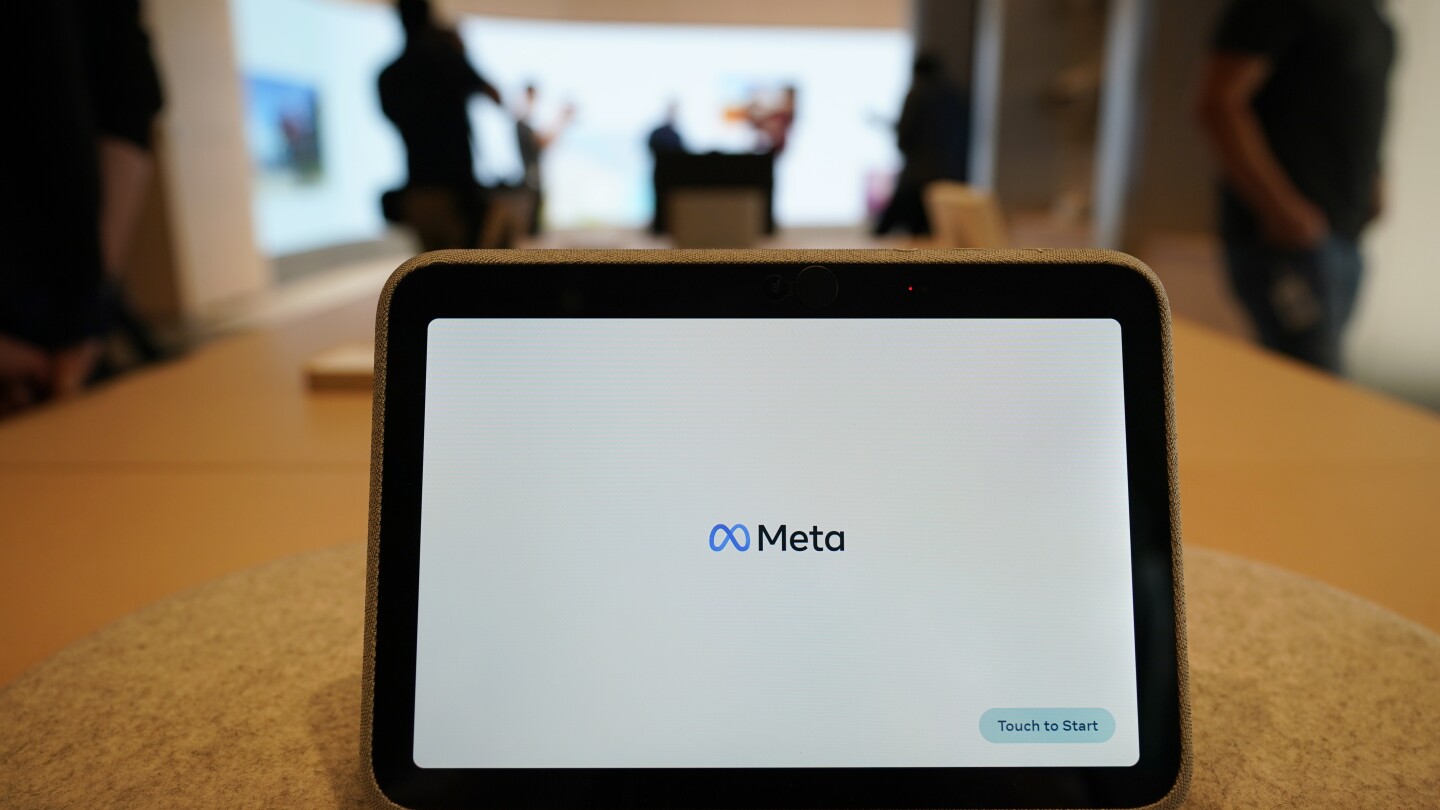The online advertisement to Donald Trump supporters was clear enough: Click here, and receive a free Trump 2024 flag and a commemorative coin. All in exchange for taking a quick survey and providing a credit card number for the $5 shipping and handling.
“You’ll get two free gifts just by taking this quick poll in support of Trump,” says the ad’s narrator.
The ad — which has appeared on Facebook, YouTube and other platforms — didn’t mention the $80 charge that would later appear on credit card statements. Those that clicked were scammed.
Political advertisements on social media are one of the best ways for candidates to reach supporters and raise campaign cash. But as a new report from Syracuse University shows, weak regulations governing online ads and haphazard enforcement by tech companies also make ads a prime source for misleading information about elections — and a tantalizingly easy way for con artists to target victims.



Why would tech companies or politicians derail that gravy train? I mean, they should for many, many reasons, , but why would they?
Tech companies rake in the ad dollars and the politicians rake in the rube dollars.